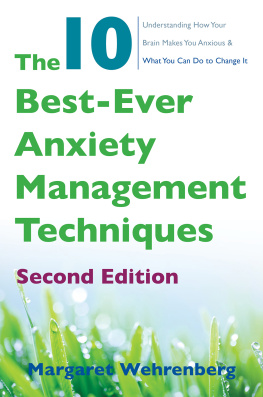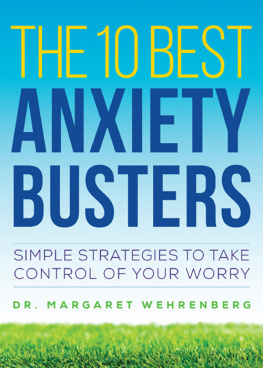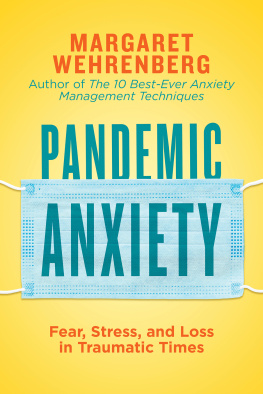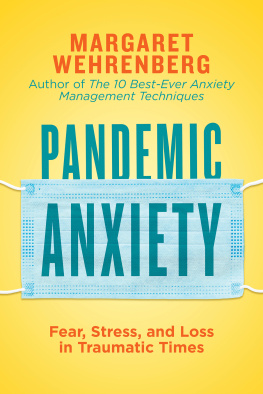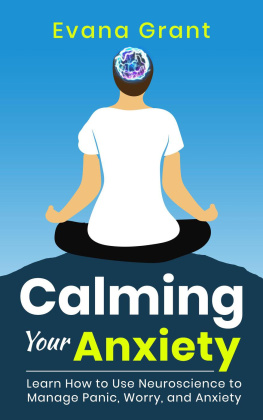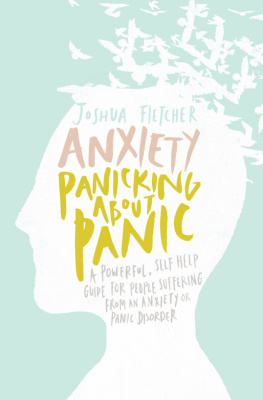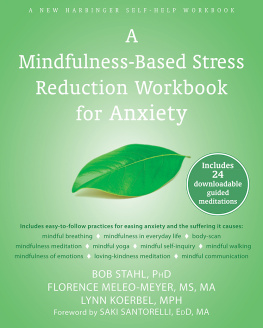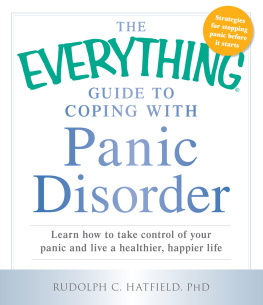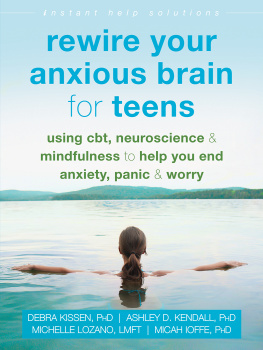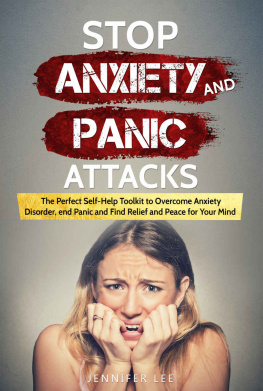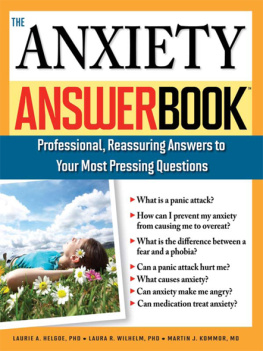Margaret Wehrenberg - The 10 Best-Ever Anxiety Management Techniques: Understanding How Your Brain Makes You Anxious and What You Can Do to Change It (Second)
Here you can read online Margaret Wehrenberg - The 10 Best-Ever Anxiety Management Techniques: Understanding How Your Brain Makes You Anxious and What You Can Do to Change It (Second) full text of the book (entire story) in english for free. Download pdf and epub, get meaning, cover and reviews about this ebook. year: 2018, publisher: W. W. Norton & Company, genre: Home and family. Description of the work, (preface) as well as reviews are available. Best literature library LitArk.com created for fans of good reading and offers a wide selection of genres:
Romance novel
Science fiction
Adventure
Detective
Science
History
Home and family
Prose
Art
Politics
Computer
Non-fiction
Religion
Business
Children
Humor
Choose a favorite category and find really read worthwhile books. Enjoy immersion in the world of imagination, feel the emotions of the characters or learn something new for yourself, make an fascinating discovery.
- Book:The 10 Best-Ever Anxiety Management Techniques: Understanding How Your Brain Makes You Anxious and What You Can Do to Change It (Second)
- Author:
- Publisher:W. W. Norton & Company
- Genre:
- Year:2018
- Rating:5 / 5
- Favourites:Add to favourites
- Your mark:
The 10 Best-Ever Anxiety Management Techniques: Understanding How Your Brain Makes You Anxious and What You Can Do to Change It (Second): summary, description and annotation
We offer to read an annotation, description, summary or preface (depends on what the author of the book "The 10 Best-Ever Anxiety Management Techniques: Understanding How Your Brain Makes You Anxious and What You Can Do to Change It (Second)" wrote himself). If you haven't found the necessary information about the book — write in the comments, we will try to find it.
A much-anticipated update to the classic personal road map, full of strategies to understand, manage, and conquer your stress.
Do you feel a tightness in your chest and a racing heart anytime you have to speak up for yourself, whether in a large group or small? Does the very idea that others could perceive you as looking uncomfortable or frightened make those symptoms even worse? Do you vigilantly avoid potential panic triggers, and always think the worst is bound to happen?
If so, you may be one of the 40 million Americans who suffer from anxiety. Symptoms run the gamut from mildly embarrassing but tolerable to persistent and debilitating. While feelings of worry, dread, panic, social unease, and general anxiety are common, their impact is insidious, leaving sufferers feeling worn out and often hopeless.
This book is your answer. Drawing on fresh insights into the anatomy of the anxious brain, Dr. Wehrenberg gets to the biologically based heart of the problem and offers readers practical, effective tips to manage their anxiety on a day-to-day basis. From diaphragmatic breathing and self-talk, to mindfulness, muscle relaxation, and plan to panic strategies, you can learn to train your brain, conquer your stress and anxiety, and regain control of your life.
Margaret Wehrenberg: author's other books
Who wrote The 10 Best-Ever Anxiety Management Techniques: Understanding How Your Brain Makes You Anxious and What You Can Do to Change It (Second)? Find out the surname, the name of the author of the book and a list of all author's works by series.

